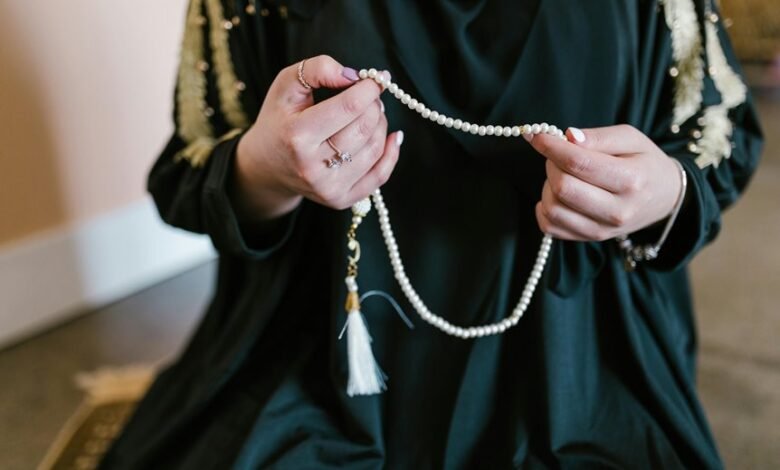Dua After Eating: The Islamic Prayer After Meals

The practice of reciting the Dua after eating holds significant importance in Islamic tradition. This ritual serves as a moment of reflection and gratitude for the nourishment received. It connects individuals to their faith and to one another, fostering a sense of community. Understanding its historical context and the proper way to recite this prayer reveals deeper layers of meaning. What are the broader implications of this practice on individual spirituality and communal ties?
The Importance of Dua After Eating
Why is it significant for individuals to recite dua after eating?
The practice holds profound spiritual significance, fostering gratitude and mindfulness towards sustenance. By acknowledging the divine source of their nourishment, individuals engage in a cultural practice that deepens their connection to faith and community.
This expression of gratitude not only enriches the individual’s spiritual life but also reinforces shared values within diverse cultural traditions.
Historical Context and Origins of the Dua
The practice of reciting dua after eating has roots that extend deep into religious and cultural traditions.
Within Islamic traditions, this ritual reflects a profound appreciation for sustenance and acknowledges divine blessings. It serves as a form of culinary etiquette, fostering mindfulness and gratitude.
Historical texts reveal that such prayers have been integral to communal meals, reinforcing the bond between faith and nourishment.
How to Recite the Dua After Meals
Reciting the dua after meals is a meaningful practice that embodies gratitude and mindfulness.
To perform this ritual, one should pause after finishing their meal, reflect on the nourishment received, and recite the dua sincerely.
This practice enhances meal etiquette and fosters spiritual mindfulness, reminding individuals of their blessings and the importance of gratitude in everyday life.
Benefits of Practicing Gratitude Through Dua
Practicing gratitude through dua cultivates a profound sense of appreciation and connection to the divine.
The gratitude benefits extend beyond spiritual fulfillment, fostering mental well-being and resilience.
Recognizing the significance of dua encourages mindfulness, enhancing one’s awareness of blessings.
This practice not only strengthens individual faith but also promotes a sense of community, as shared gratitude can unite diverse hearts in acknowledgment of life’s gifts.
Conclusion
In conclusion, the Dua after eating serves as a spiritual anchor, grounding individuals in gratitude and mindfulness amidst the daily routine of nourishment. Just as roots nourish a tree, this prayer fosters deeper connections to faith and community, enriching the act of sharing meals. By embracing this practice, individuals not only acknowledge the divine source of their sustenance but also cultivate a culture of appreciation that resonates within their hearts and throughout their communities.




